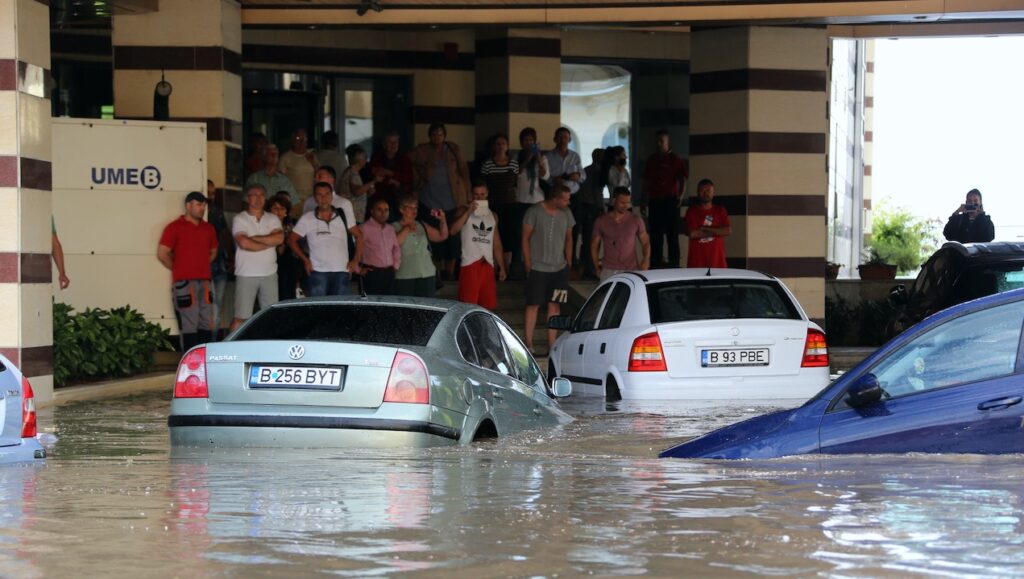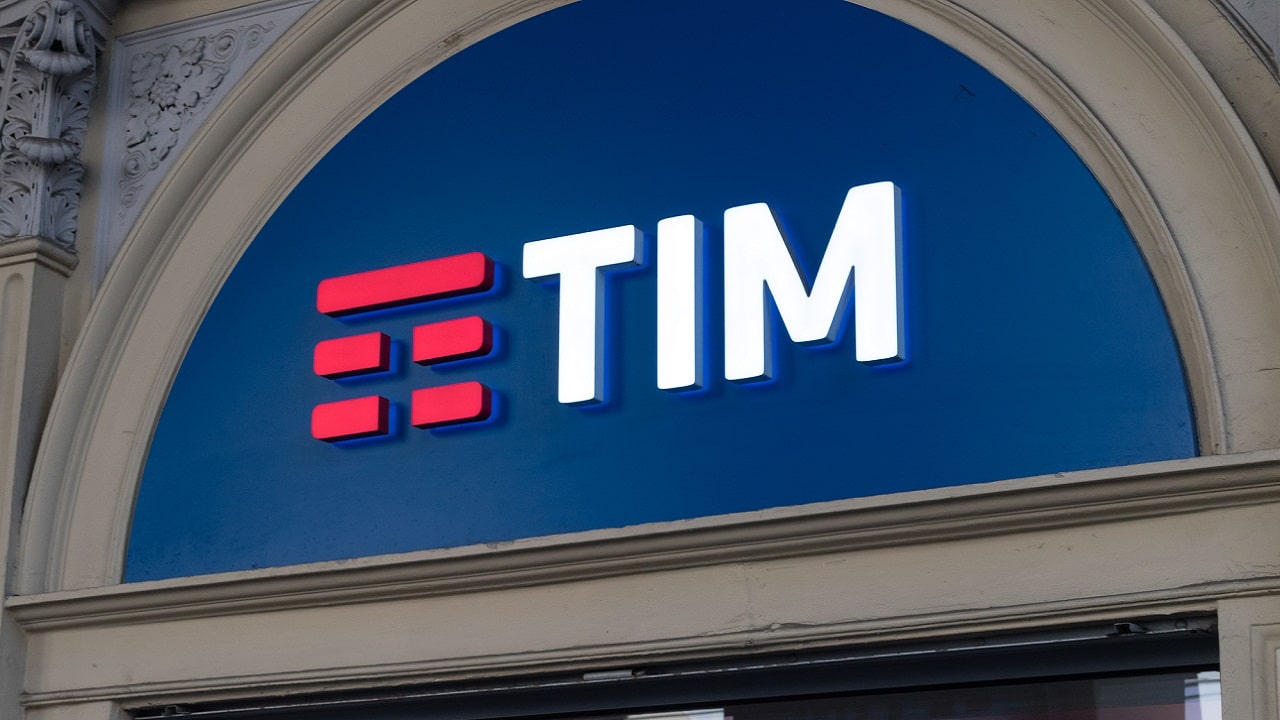The emergency vehicles are active TIM, equipped with radio stations that are used to restore the mobile signal in the event of disasters or exceptional events that damage traditional network infrastructures. It all happened at Sant’Agata sul Santerno and in Faenza in Emilia-Romagna, two of the Ravenna municipalities most affected by the bad weather of the past few days.
Tim and the mobile network due to bad weather: solutions for Sant’Agata sul Santerno and Faenza
Il mobile cart activated in Sant’Agata sul Santerno, in particular, it was of fundamental importance for the citizens and the personnel involved in the rescue. This put an end to the isolation of the entire municipality.
In Faenza, however, the special medium of TIM it made it possible to deal with the failure of 3 mobile radio sites seriously damaged by water and mud and by bad weather in general. Thus allowing the full operation of the service in a large area of the city.

Bad weather: the flood in Emilia-Romagna is a consequence of the climate crisis
In two weeks, from the beginning of May, a quantity of water usually distributed in seven months. The first heavy rains have occurred between 1 and 3 May. Since the beginning of the month, in some areas of the Ravenna Apennines and the Forlì Apennines, the 400 and 500 mm of rain. Let’s consider that the rainfall usually does not reach 900 millimeters in a year.
The extraordinary nature of these data cannot fail to amaze, of course. But only in the first place. After that it is necessary to investigate the causes. Pierluigi Randi, president of AMPRO (Professional Meteorological Association), interviewed by Repubblica said that “if we go back in time in the last two years we have had three extreme events of opposite sign. Two years of severe drought and then in fifteen days two extreme rain events. This is a clear sign of climate crisis. A single episode is not attributable to overheating, but sequential extreme events, of one sign or another, are. Three clues prove it.”
Mauro Rossia researcher at the Research Institute for Hydrogeological Protection of the National Research Council of Perugia (Cnr-Irpi), explained to Fanpage that the succession of extreme climatic events “is clearly attributable to a context of climate change, which is revolutionizing the how the climate puts pressure on our territory.”
Even the weatherman Luke Lombroso, of the Geophysical Observatory of the University of Modena and Reggio, agrees with colleagues. And it points the way to prevention: “Improving the culture of the climate and the self-behavior of citizens.”
The political opinion of Angelo Bonelli
Angelo Bonelli, national co-spokesman of Green Europe and deputy of the Green-Left Alliance, speaks of a festival of hypocrisy. Explaining that “the Italian government is opposing the EU’s climate policies and aiming to turn Italy into a gas hub to sell it to Europe while science tells us we need to stop burning fossil fuels.”















Leave a Reply
View Comments